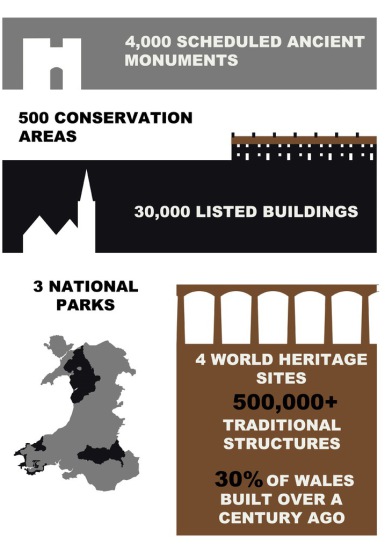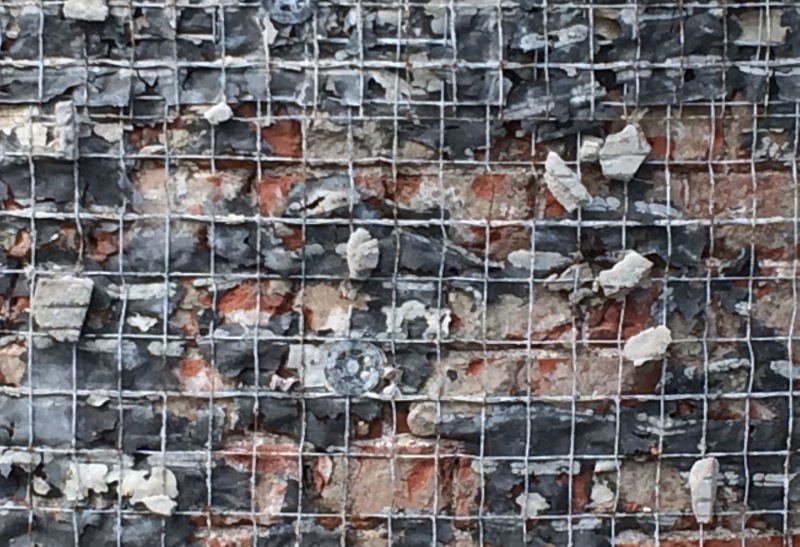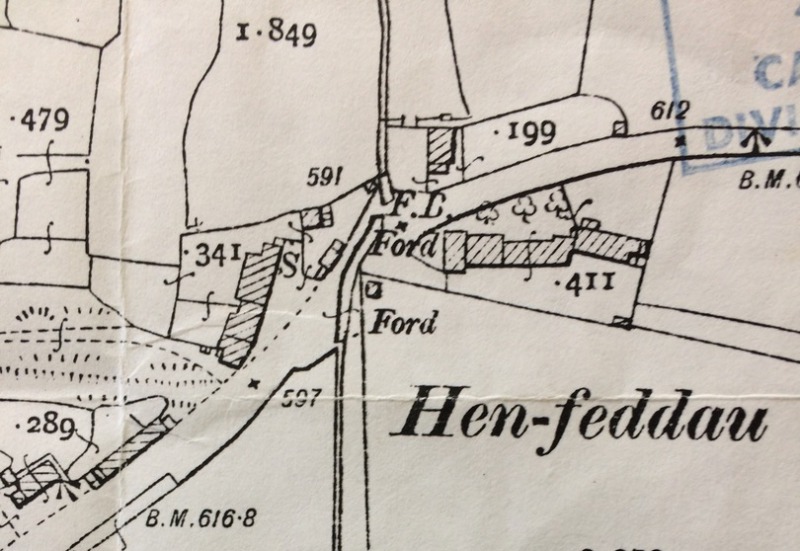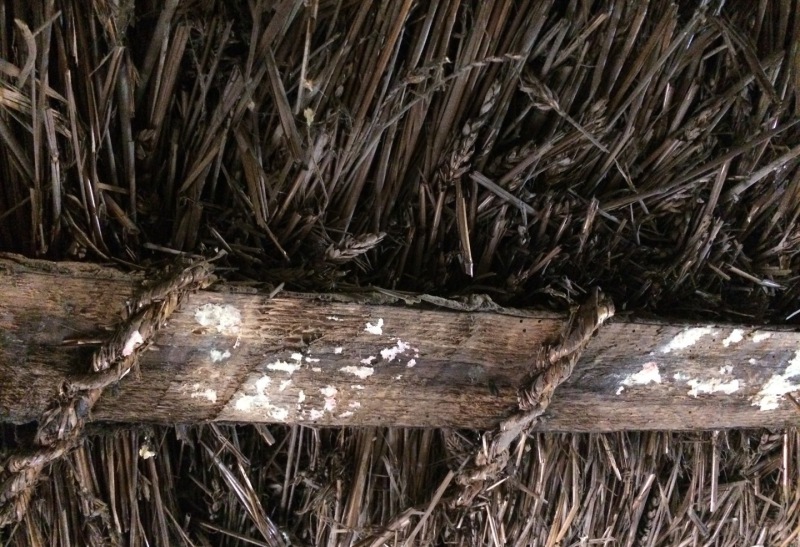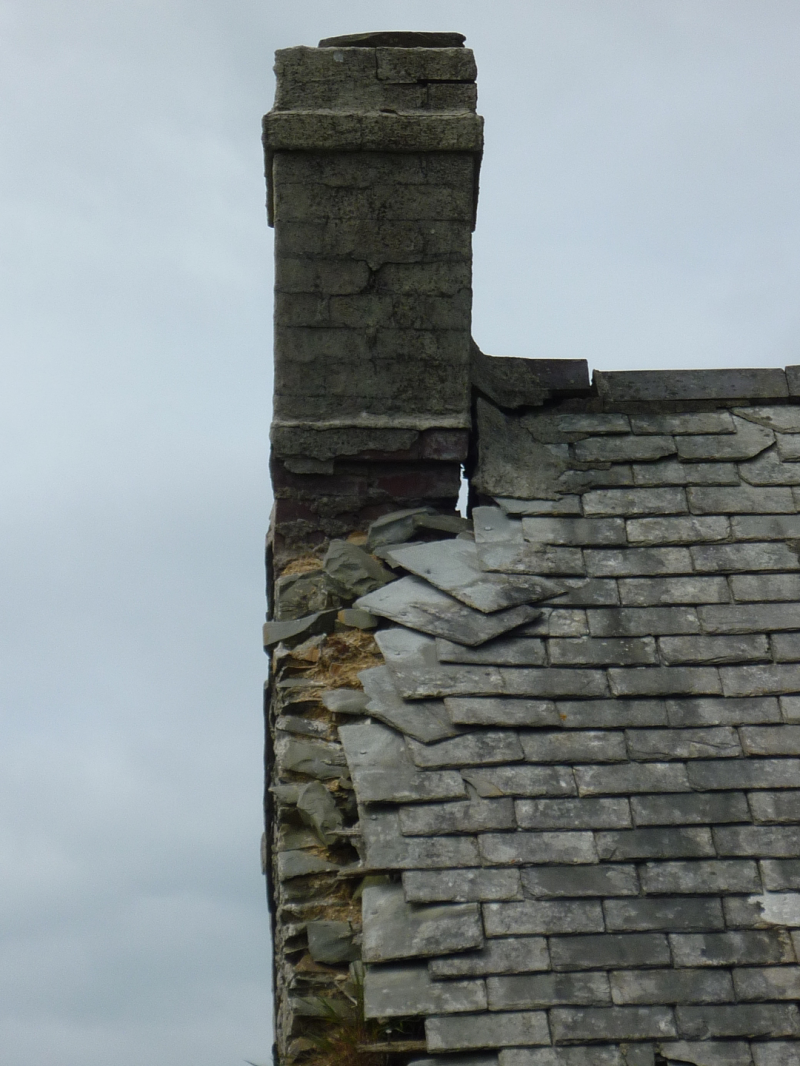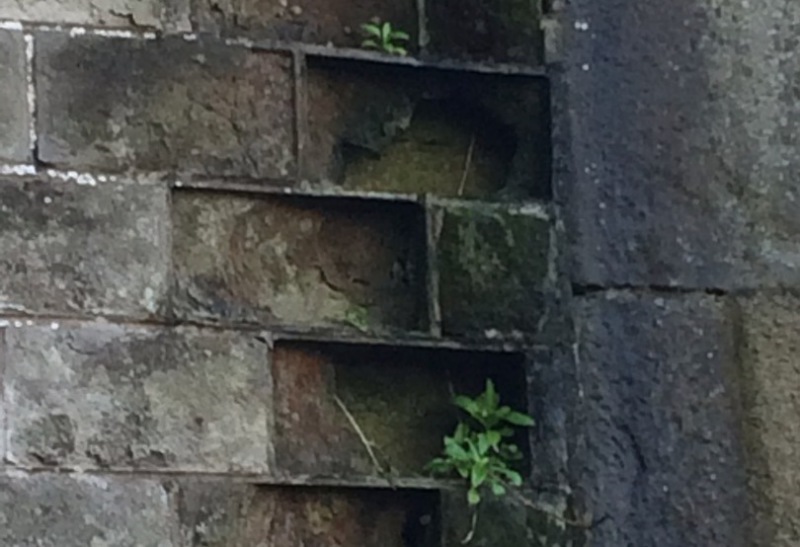Need advice on how to properly care for your building ?
CJC can undertake a condition survey and report with prioritised repair schedules and estimated costs. The survey can be a one off or reoccurring commitment say every 4-5 years. Such work provides reassurance to building owners, informs construction work and planned maintenance. CJC uses knowledge of best conservation practice together with experience of tried and tested solutions when recommending work. CJC has gained a unique understanding of the decay mechanisms in particular to Wales through long term inspection and monitoring. Such guidance together with committed appropriate care, should maximise the durability of your valuable building and reduce lifecycle costs.
Banging your head with your planning/conservation officer or perhaps struggling with various heritage bodies ?
CJC can support you by ‘talking’ the same language through knowledge of the relevant policies and issues involved. By understanding the needs of the building and what you are trying to achieve, CJC can advise on the most appropriate solution and provide additional information required to demonstrate that your proposal has addressed the concerns raised. Even if you already have an agent, CJC will work alongside to try and move things forward for you. This support also extends to ongoing or completed work where you may be facing enforcement, stop notices or retrospective applications.
Heard of ‘sustainability’ and ‘retrofitting’ but wonder how this is applicable to historic buildings ?
There are a bewildering array of products and methods aimed at reducing carbon and energy use. Most offer a one fit all solution however that pays no regard to the long term effects that could devalue your property. CJC will help you by going through the options available and highlight the likely impact and risk to historic fabric so that you can make informed decisions. Proposals for a traditional building (whether listed or not) must be undertaken holistically and on each individual basis. CJC offers impartial advice with practical solutions based upon current thinking and proven results.


